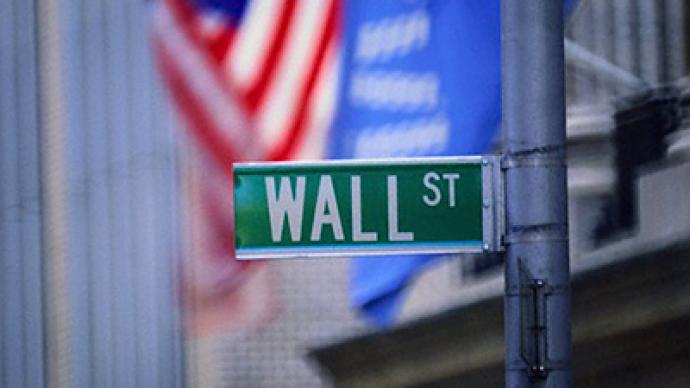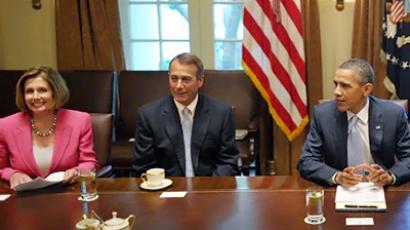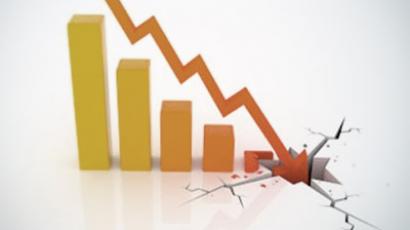Wall Street starts panicking on default

A Sunday night meeting at the White House ended before dusk. House Speaker John Boehner said a debt deal is not coming to fruition. The country has eight days to default. Why, then, aren’t US markets panicking?
They are — they just don’t know what to do.Trading and finance firm Oppenheimer & Co Alan De Rose says that Wall Street remains unmoved by the worsening debt crisis because, well, they just don’t know what to do about it. Speaking to the Wall Street Journal, the managing director of government trading and finance at Oppenheimer says, "If you don't know what you're going to do when the event happens, how do you make a trading decision?”And with only a week and a day left until default, to Wall Street big-wigs it still isn’t scary. Mohamed El-Erian of Pacific Investment Management Co echoes De Rose’s sentiments, saying to the Journal, “we’re still figuring some of it out.”After months of talks and a deadline in mere days, why are US markets unmoved by an impending disaster? China last week urged the US to act appropriately, begging them to “take responsible policies and measures to boost global financial market confidence and respect and protect the interests of investors.” As the largest creditor to America, a default on the US dollar could mean a collapse in the Far East with international implications that will hit more than just China and the States.El-Erian’s Pimco is the world’s largest bond trader, and writing to the Huffington Post, he acknowledges that even with or without resorting to default, the US dollar is in danger. He predicts that, even if a deadlock is broken and Democrats and Republicans alike can reach a compromise, the country’s triple-A credit rating is still “extremely vulnerable.” All this, however, and his company is without a gameplan still. In weeks past, Moody’s, Fitch and Standard & Poor’s have also threatened to devalue the rating, with or without a debt ceiling deal.With pressure coming from investors, foreign markets and the president, the clock is ticking towards only more trouble. Even if Congress agrees on a plan at this point, it will still take days to set it in stone. On Sunday, Senator majority leader Harry Reid was hoping to have Republicans agree to a left-leaning plan to raise the ceiling by another $2.4 trillion until the election season is over, all while cutting around $2.7 trillion without nixing entitlement programs or raising taxes, reports the New York Times. They add that the House Speaker John Boehner also had a deal, but discussions on the debt ended early on Sunday with nothing ironed out.Boehner told Fox News on Sunday that “The preferable path would be a bipartisan plan that involves all the leaders, but it is too early to decide whether that’s possible.” As China puts the press on the US and credit agencies signal a crisis, when does too early become too late? "Let me assure you we understand the stakes. We know how important this is for us and how important it is for you,” Secretary of State Hillary Clinton told a Hong Kong crowd recently, ensuring them that a deal would be made in time. In the meanwhile, the price of gold has once again gone up — setting a record high for yet another week — as people put their money in something other than the US dollar.Economist Evariste Lefeuvre tells AFP that, as the clock ticks its last tock, the dollar will hurt in the days ahead. "Investors who hold US debt, are they going to sell it… and buy German, French or Dutch debt?" he asked.














